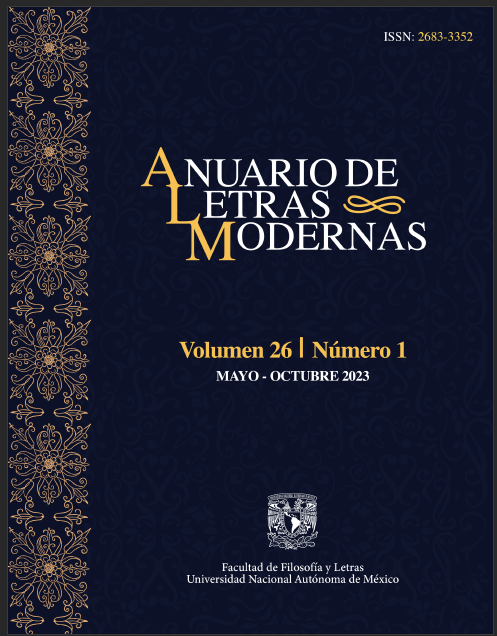A view of the Suicidal Act in the Age of Enlightenment
Main Article Content
Abstract
The article addresses several ways of approaching the problem of suicide through the eyes of society, morality, and religion in France and Italy in the eighteenth century. It is a vast topic analyzed by several illustrated minds such as Montesquieu, Voltaire, Cesare Beccaria, and Giacomo Casanova. The text reviews the incorporation of the word “suicide” into English, French, Spanish, and Italian and questions why some philosophers prefer to approach it with extreme caution while others only do it frontally, risking severe punishments by censorship. In each text, several discursive strategies are used to approach such a delicate subject, for suicide was punished by the civil and religious courts. The article also studies fictional and political treatises such as Persian Letters and The Spirit of Law by Montesquieu, Treatise on Tolerance by Voltaire, On Crimes and Punishments by Beccaria, and Discourse and Dialogues on Suicide and History of My Life by Giacomo Casanova. An interesting mechanism in the history of mentalities is observed due to a paradigm shift that will gradually lead to a new view of the suicidal act. The belief in the participation of the devil as responsible for inciting the person to do so is blurred, and the common idea that the act is a behavior typical of madness is questioned. Suicide finally begins to be explained within a rational and understandable framework since decriminalization and secularization were subsequently achieved.

